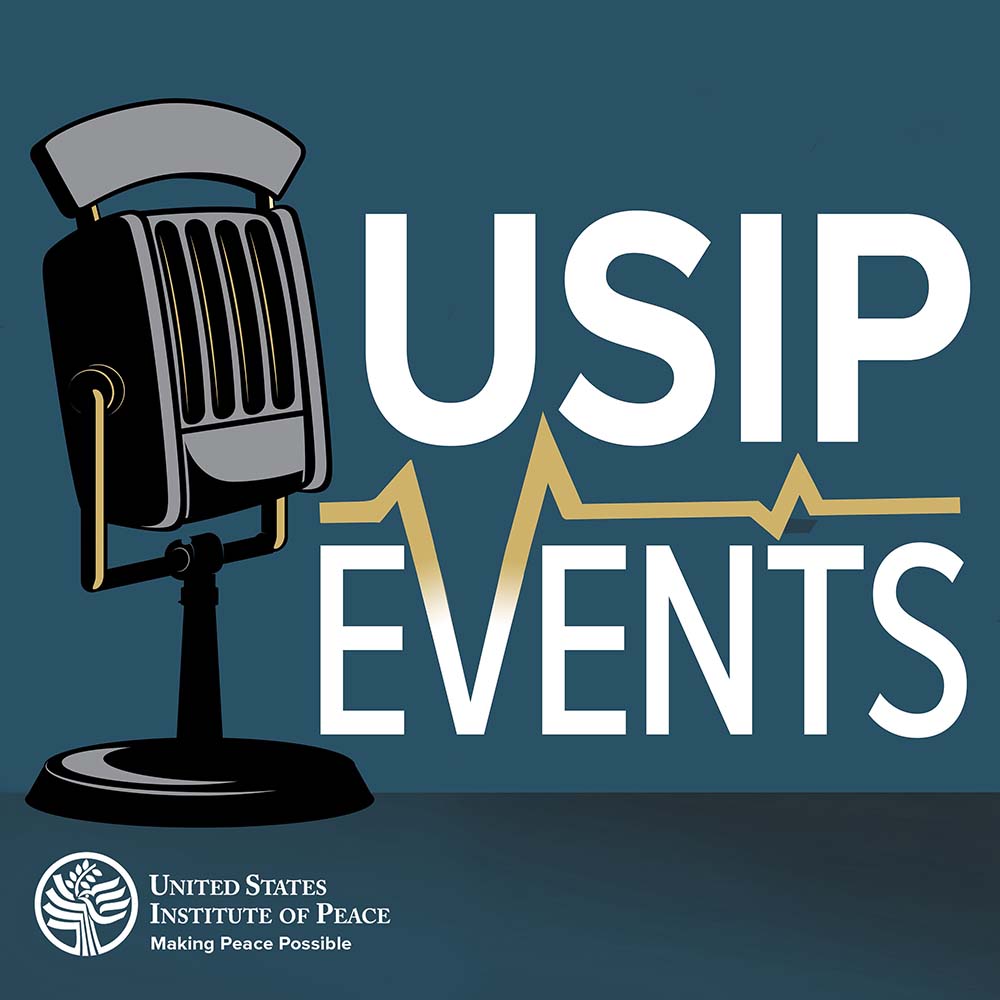

Conflict in northern Nigeria is once again on the rise. On September 9, USIP and Mercy Corps held a discussion about new research and evidence that examine the complex linkages between the political, economic and identity-based conflicts that are driving broader conflict in northern Nigeria — as well as the implications for policy and programmatic interventions. The conversation covered the multiple overlapping cleavages related to identity (including ethnicity and religion) and livelihood activities (such as farming and pastoralism) that continue to animate violence in the region.
SpeakersOge Onubogu, moderator Director, West Africa Programs, U.S. Institute of Peace
Kaltumi Abdulazeez Program Officer, Community Initiative to Promote Peace (CIPP) Program, Interfaith Mediation Center Jason Klocek Senior Researcher, Religion and Inclusive Societies, U.S. Institute of Peace Assistant Professor, School of Politics and International Relations, University of Nottingham
Emmanuel Ogbudu Monitoring, Evaluation and Learning Manager, Mercy Corps
Ryan Sheely Director of Research, Mercy Corps
Mukhtari Shitu Conflict Program Specialist, USAID
For more information about this event, please visit: https://www.usip.org/events/religion-identity-and-conflict-northern-nigeria

USIP and experts from Bangladesh, India, Pakistan, and Sri Lanka discussed states' responses to the coronavirus pandemic across the region and what countries can...

In addition to the severe human cost, the COVID-19 crisis has forced Pakistan’s already suffering economy to a grinding halt. Social distancing policies, necessary...

President Ghani’s announcement at last week’s Kabul Process Conference of a peace offer to the Taliban was a potential watershed in the Afghan peace...